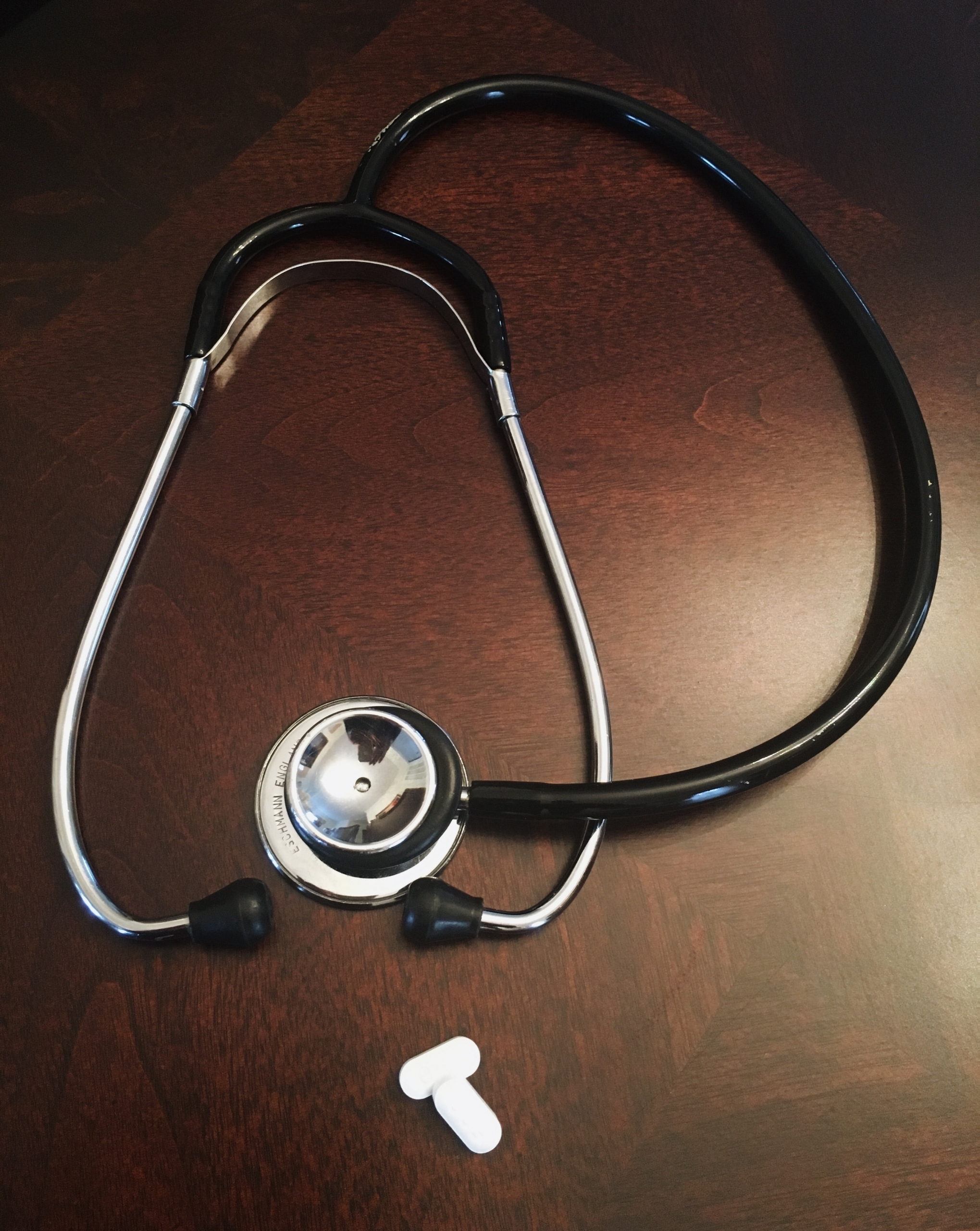Ulcerative Colitis (UC) is a chronic inflammatory bowel disease that causes inflammation in the digestive tract. When someone has UC, ulcers form where inflammation has injured cells lining the colon and these ulcers eventually may bleed and create pus. This can lead to the colon needing to be emptied frequently.
While there is no cure, healthcare professionals can help patients with Ulcerative Colitis pursue proven treatment options for managing their symptoms, and researchers continue to study the disease. Here are 5 things to know about Ulcerative Colitis.
Causes and Risk Factors
Medical understanding of the cause of Ulcerative Colitis is limited. There are two primary causes of UC that researchers are working to understand.
First, it could be related to your immune system. A virus or bacterium might trigger UC because of inflammation from an immune response. Some developing research may support this theory. In a recent study, Stanford researchers found that a group of patients with Ulcerative Colitis had a depleted amount of a specific family of bacteria that produces anti-inflammatory substances.
A second possible cause of Ulcerative Colitis is related to hereditary factors. There is evidence that UC is more common in people with family histories of the disease, so family history is considered a risk factor. However, most people with the disease do not have a family history, so it is not considered a proven cause of UC.
Types
There are several types of Ulcerative Colitis, each of which is classified by location in the digestive tract. Ulcerative Proctitis is a classification for UC where inflammation is confined to the rectum. Proctosigmoiditis is a type where inflammation occurs in the rectum and lower end of the colon. Left-sided Colitis is when inflammation extends further into the descending colon. Pancolitis is a classification for inflammation that goes beyond just the descending colon and often affects the entire colon. Lastly, Fulminant Colitis is an acute life-threatening form of UC that affects the entire colon.
Symptoms
Symptoms of Ulcerative Colitis can vary by type and degree of the disease. Loose and urgent bowel movements, bloody stool, abdominal pain and cramps, and persistent diarrhea are common symptoms. Outside of the intestine, symptoms may include fever, nausea, loss of appetite, and weight loss. Often times, symptoms will not be constant. Flare-ups are a common occurrence for people with UC, as are remission periods without symptoms.
Diagnosis
Patients are advised to see a medical professional if they are experiencing persistent changes in their bowel habits or other Ulcerative Colitis symptoms. When a patient is tested for UC, there are several possible approaches. Blood tests, barium enemas, CT scans, colonoscopies, and flexible sigmoidoscopies can all be used to diagnose UC.
Treatment
Treatment for UC is focused on managing symptoms, as there is no known cure. A combination of medications and lifestyle changes is often helpful, including anti-inflammatory drugs, antibiotics, corticosteriods, avoiding gassy foods, managing stress, and staying hydrated. If these measures do not relieve symptoms, surgery may be recommended by a doctor. Surgery typically means removing the entire colon and rectum.
Ulcerative Colitis can often be effectively managed with professional guidance and care. GHP is dedicated to helping patients with UC manage their symptoms and live healthy, happy, and full lives. Contact any of our office locations learn about the options we offer and schedule an appointment today.



